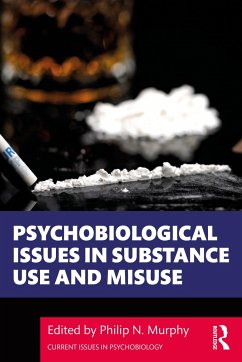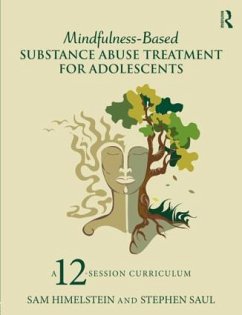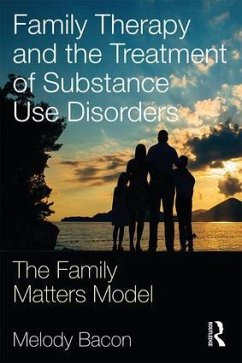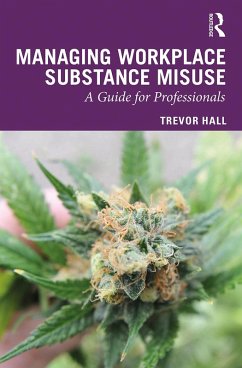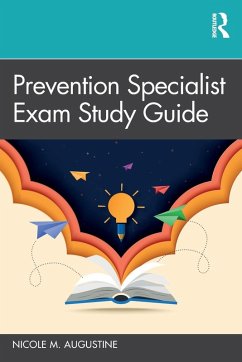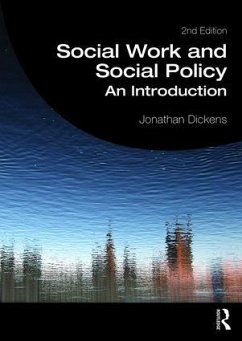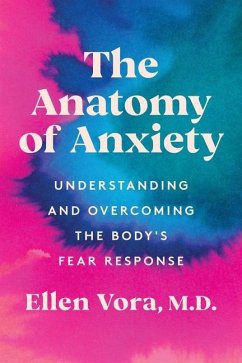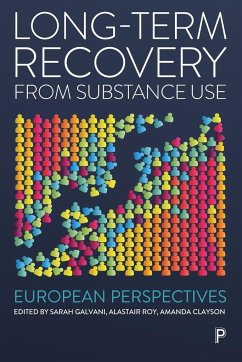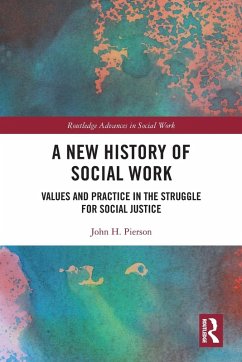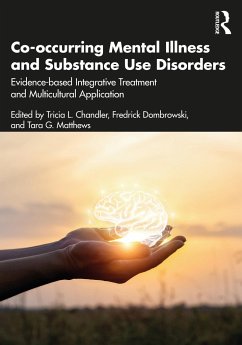Nicht lieferbar
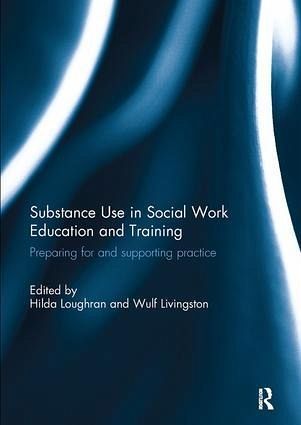
Substance Use in Social Work Education and Training
Preparing for and supporting practice
Herausgeber: Loughran, Hilda; Livingston, Wulf
Versandkostenfrei!
Nicht lieferbar
Substance use is now a common concern for all aspects of social work practice, especially when working with mental health and vulnerable families. This volume presents evidence from a number of major studies which examine the current state of social work education in relation to substance use. These contextual considerations are complemented by specific applied analyses which explore classroom, methodological, practice and theoretical considerations within both the UK and America. This book provides a strong evidence base for the effectiveness of appropriately-targeted education and support gi...
Substance use is now a common concern for all aspects of social work practice, especially when working with mental health and vulnerable families. This volume presents evidence from a number of major studies which examine the current state of social work education in relation to substance use. These contextual considerations are complemented by specific applied analyses which explore classroom, methodological, practice and theoretical considerations within both the UK and America. This book provides a strong evidence base for the effectiveness of appropriately-targeted education and support given to social workers. It is based on a special issue of the journal Social Work Education.





